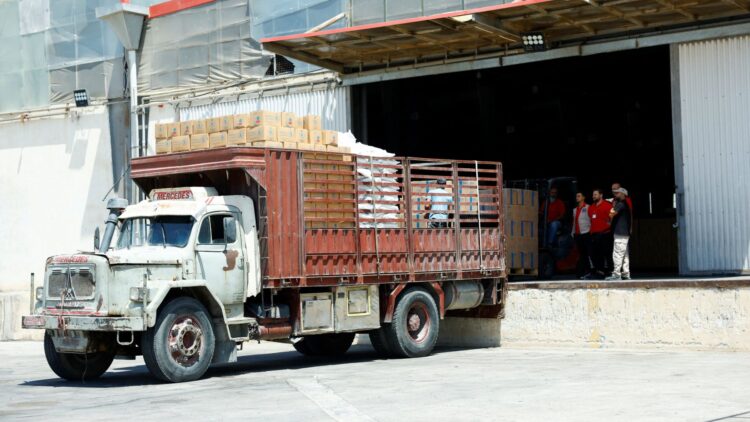A recent ceasefire in the Sweida region within Syria has placed the focus on the volatility still prevalent within this area. The ceasefire was declared on 19 July. Serious human rights violations, sectarian clashes, as well as airstrikes were prevalent within this area. The unrest started on 12 July, after mutual kidnappings spiraled into armed conflict between the Bedouin tribes as well as the Druze groups. Syrian security forces were drawn into this conflict.
A violent situation encircling Sweida
The situation in the area is still precarious. Civilians bore the brunt of the situation, with hundreds of people being killed. There are also widespread accounts of abuse that were perpetrated by both non-state as well as State actors. The United Nations is preparing to send a convoy of humanitarian aid to Syria’s southern province of Sweida, three aid officials told Reuters, after days of bloodshed left hundreds dead and displaced an estimated 175,000 people.
The preparations began after Syria’s foreign ministry granted UN aid agencies a green light to access Sweida directly, according to correspondence seen by Reuters, following three deliveries of UN aid to the province carried out by the Syrian Arab Red Crescent. The new UN convoy will include food and other supplies, according to Marianne Ward, head of the UN’s World Food Program in Syria.
An all-encompassing UN support system
“We’re organizing a convoy with a variety of different U.N. agencies’ support, which we expect will be the beginning of blanket access” to vulnerable communities, Ward told Reuters. The violence in Sweida began on July 13, when local factions from the Druze – a minority offshoot of Islam – clashed with Bedouin tribal fighters. Syria’s government sent in troops to quell the fighting, but the clashes intensified, with more than 1,000 people killed, according to the Syrian Network for Human Rights, a war monitor.
The SNHR or also known as the Syrian Network for Human Rights, is an NGO. Established in June 2011, its main aim is to monitor Syrian casualties of all parties involved in the Syrian civil war. These reports have been cited by a variety of news media, the United Nations High Commissioner for Human Rights, as well as NGO’s, such as Human Rights Watch and Amnesty International. A fragile ceasefire brokered by the U.S. brought calm nearly a week later, but residents of Sweida told Reuters that electricity, food, medicine, and water all remained scarce.
Drawing the necessary aid to Syria
More than 52,000 people had also fled to the neighboring province of Daraa.
“Essentially anyone who lives in Sweida now needs support, and anybody who has left Sweida to go to Daraa needs support,” Ward said in an interview in Damascus.
The WFP has already sent nearly 250 metric tons of wheat flour to bakeries in Sweida and ready-to-eat meals for 50,000 people in the province, as well as food support to 10,000 people in Daraa. But sustained tensions in the province had prevented aid groups from opening a regular route to Sweida in the days leading up to the government’s green light, humanitarian sources said. Ward said U.N. agencies needed a stable ceasefire to produce a permanent calm to reach Sweida residents directly.
“We can’t just drop it and run away – we have to be able to bring it and provide it to those people who need it most,” Ward said.
The effects that this conflict are widespread. Thousands of people have been displaced. Hospitals are buckling under the enormous pressure. The physical and human resource shortages at these facilities are also proving to be problematic. Targeted attacks and obstructions of these types of services are also becoming commonplace. Damage to critical infrastructure, such as the water system, also has a widespread impact. The UN has placed emphasis on the fact that more sustainable humanitarian access, as well as protection of infrastructure and aid workers, is key in this scenario.

